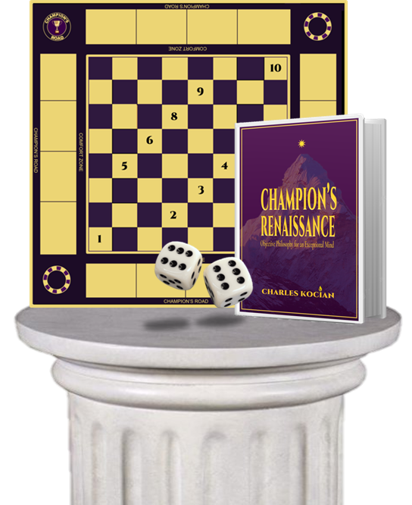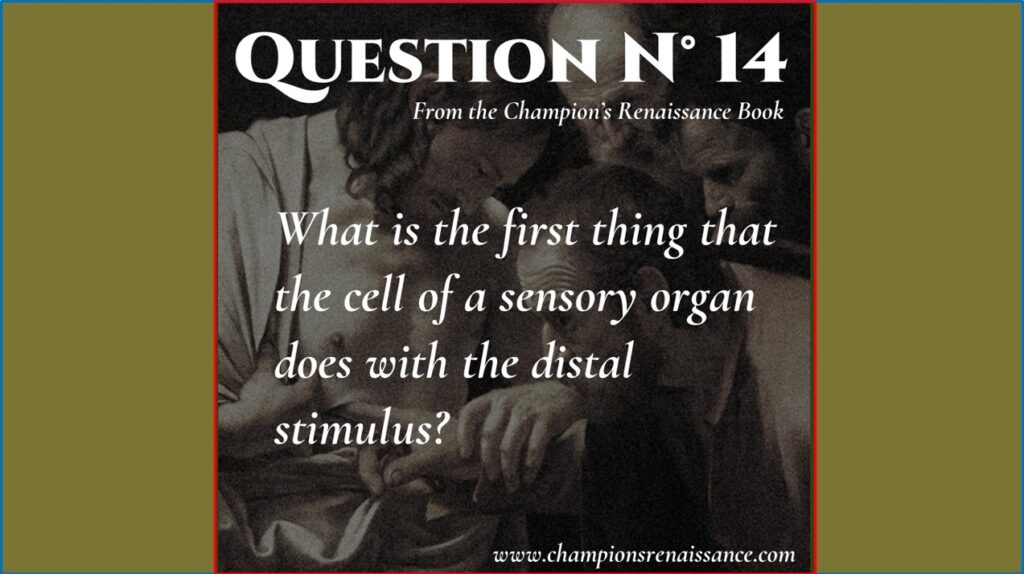
(Answer at the end).
SKEPTICISM
By Charles Kocian
The Holy Gospel Story says that Saint Thomas refused to believe Jesus had resuscitated.
Should we trust our five senses to survive in a world that use money? Is money a real thing or just an abstract number?
In today’s economy many people have the same Saint Thomas sceptical attitude, I mean not to Jesus, but towards Jerome Powell, the chairman of the Federal Reserve. He said last Friday that: “While higher interest rates, slower growth, and softer labor market conditions will bring down inflation, they will also bring some pain to households and businesses.”

Federal Reserve Bank.
But if Powell’s economy is made of abstract numbers instead of real things, he is trying to count trees in a forest is not there. To count trees, you need a forest, first; to measure an economy, you need real money first: gold. If you don’t perceive it, you can’t count it; numbers without real money, is nonsense. Truth, derived from sensory perception, is objective knowledge; faith, without evidence is not. If ignorance and superstition exist today, they were rampant in the Medieval Feudal System.
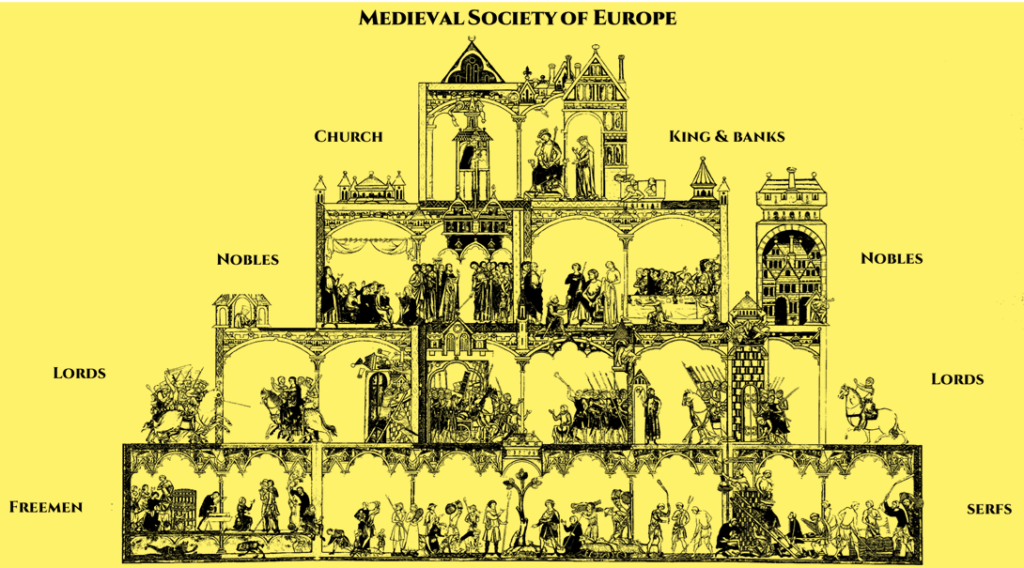
Medieval Society.
Ignored perceptual-information derives into superstition. This occurred in the Black Death plague between 1347-1352. The cause of the Plague was attributed to God’s fury over human sin. The doctors during the Black Death practiced medicine based in ancient authorities rather than observed realities. None of them were aware of the bacteria Yersinia pestis that was the real cause of the plague. So, just like abstract money without gold is nonsense, tackling Yersinia pestis ignoring its existence is impossible.
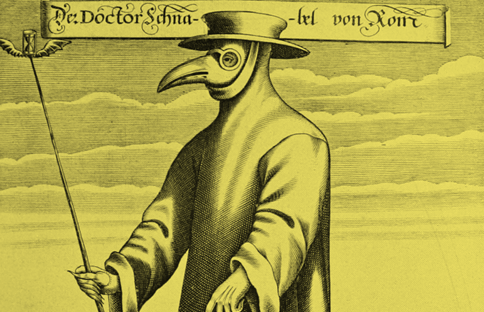
Clothes of a doctor in the Black Death.
Another example of ignoring evidence happened in ancient Athens. The city State was devasatated by a Plague in 430 B.C.E. It killed one third of the Athenian population. Since it struck the virtuous and sinful alike, the Greeks felt abandoned by the gods and refused to worship them. The Athenians believed that the gods favored Sparta because the oracle said that Apollo, who was the god of disease and medicine, would fight for Sparta in the Pelopenesian wars.
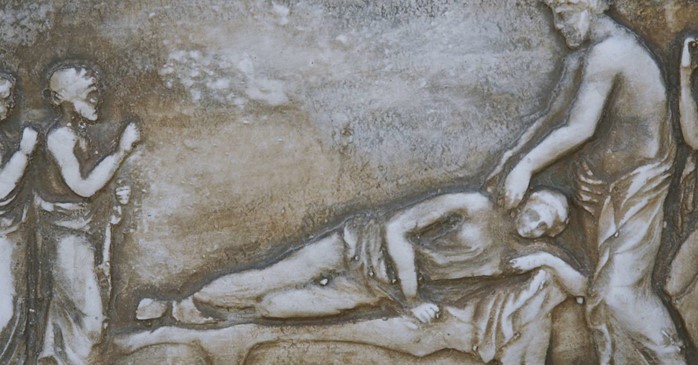
Ancient greek medical treatment.
In the early days of Greece, medicine was established by supertitious theories rather than scientific observation. Doctors couldn’t stop the Plague because they ignored germs like influenza, epidemic typhus or bubonic plague.
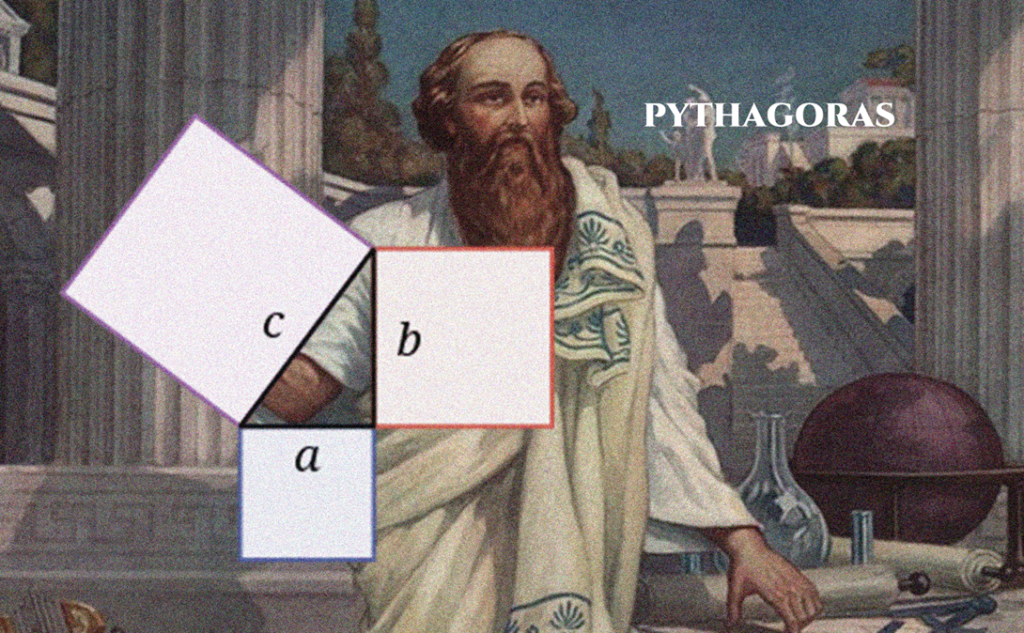
Pythagoras, a mystic mathematician.
Although ancient greeks made important advances in medicine there was still a lot of superstition. For instance, Pythagoras was a superstitiuos mathematician who brought his theory of numbers into the natural sciences. He said that the 40-day quarantine number was 40 because 40 was a sacred number. Another example was the Magical-Sweat, the liquid obtained from naked athletes they expelled during competitions. They produced a sweat-oil-mixture called gloios that was sold in bottles to heal all kind of pains. But it didn’t worked to stop the Plague either. What did they know about germs? Nothing. So, in order to perceive the real world of economy or medicine, something must exist first, like gold or germs, and you need to be able to perceive it.
CONCLUSION
Cultural beliefs are not necessarily scientific truths.
Now answer to question 14.
QUESTION N° 14
What is the first thing that the cell of a sensory organ does with the distal stimulus?
a) Analyses it
b) Receives it
The answer is: receives it.
Leave your comments here.
